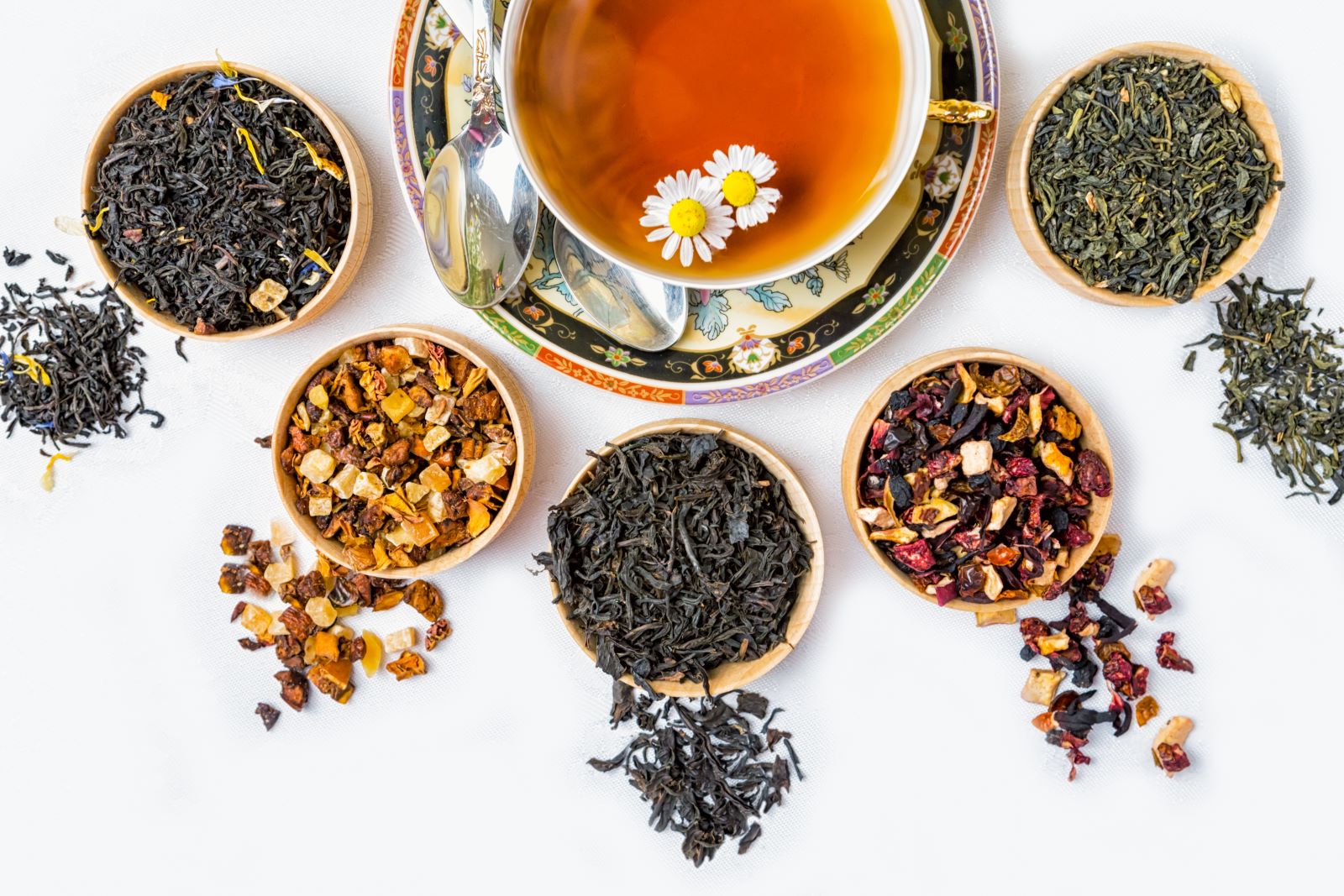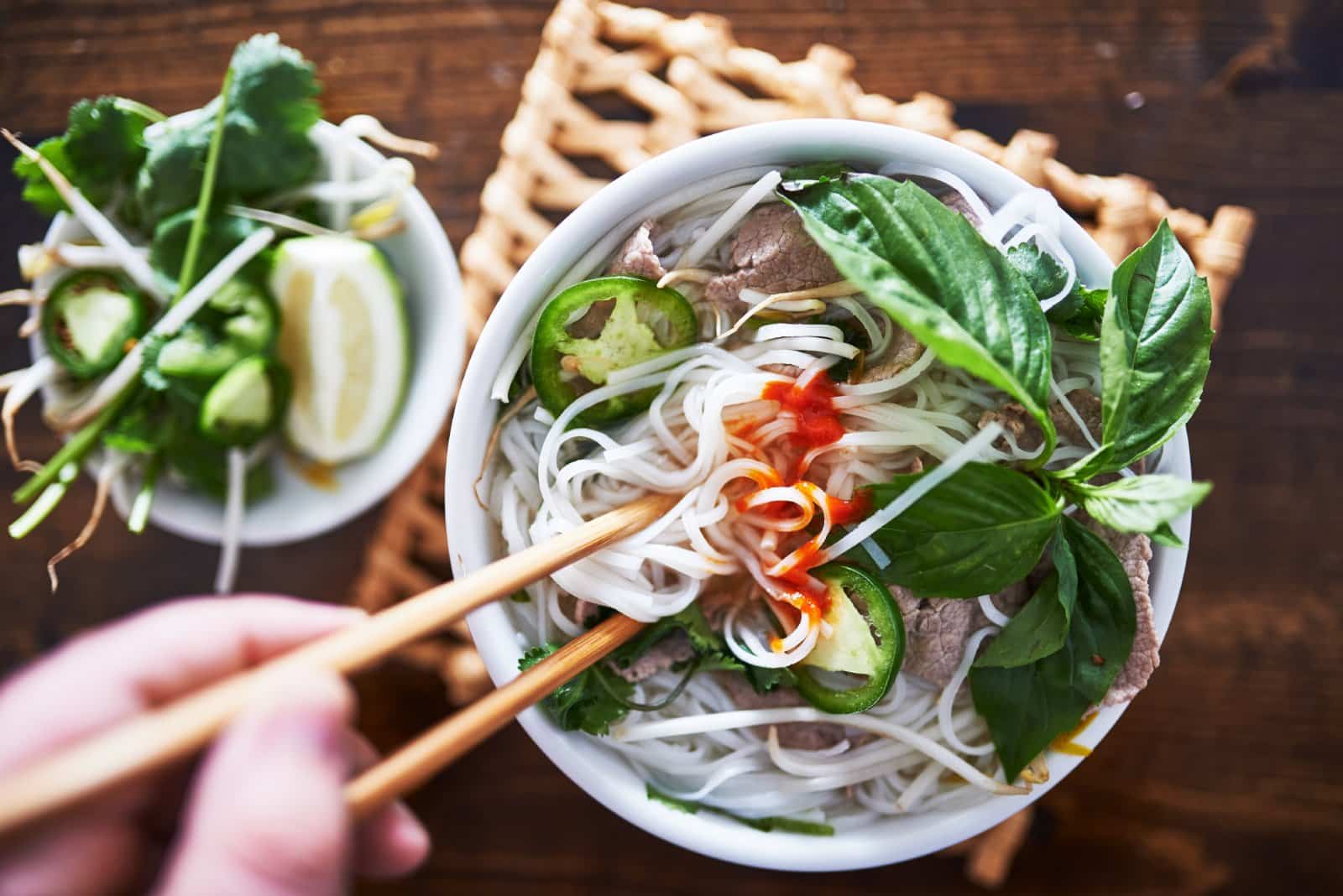The Ugly Truth About Keto and Vegan Diets
In the quest for optimal health and quick weight loss, many turn to diets like Keto and Vegan. But are these restrictive eating plans benefiting our bodies, or could they be causing unintended harm?
1. Nutritional Deficiencies

The Keto diet, with its low carb and high fat intake, can lead to deficiencies in fiber and vitamins found in fruits, grains, and vegetables. Similarly, a vegan diet can result in a lack of vitamin B12, iron, and omega-3 fatty acids, typically sourced from animal products.
2. Social and Dining Challenges

Both diets can make social dining and eating out problematic. Keto followers might find it hard to avoid carbs, while vegans might struggle with hidden animal-based ingredients, limiting options and social interactions.
3. Unsustainable Long-Term

Long-term adherence to such restrictive diets is challenging for many. The Keto diet is particularly difficult to maintain due to its strict carb limitations, while the vegan diet requires careful planning to meet all nutritional needs.
4. Possible Health Risks

Extended periods on the Keto diet may lead to increased cholesterol and heart risks due to its heavy reliance on fatty foods. For vegans, improperly balanced diets can lead to bone density loss and other health issues due to insufficient vitamin and mineral intake.
5. Impact on Gut Health

A drastic change in diet composition, like going Keto or vegan, can alter gut microbiota. Keto’s low fiber content can lead to constipation, while a poorly planned vegan diet might lack the probiotics found in some dairy products.
6. Energy Fluctuations

Both diets can cause significant shifts in energy levels. Keto dieters often experience the “Keto flu” — symptoms of fatigue and lethargy as the body adapts to burning fat instead of carbs. Vegans might feel energy dips due to fluctuating blood sugar levels if their diet is too high in refined carbs.
7. Expense and Accessibility

High-quality fats, proteins, and specialty vegan products can be expensive and not readily available in all areas, making both diets less accessible to everyone, particularly those in lower socioeconomic groups.
8. Over-reliance on Processed Options

There’s a growing market for Keto and vegan processed foods, which can be just as unhealthy as non-diet specific processed items. These products often contain unhealthy fats, excess sugars, and artificial ingredients.
9. Psychological Pressure

The strict rules surrounding Keto and vegan diets can lead to an unhealthy preoccupation with food, possibly triggering disordered eating behaviors in susceptible individuals.
10. Misinformation and Trend Following

Many people adopt these diets based on popular trends rather than personal health needs or scientific evidence, leading to misguided efforts that might do more harm than good.
11. Impact on Physical Performance

Both diets can impact physical performance. The Keto diet may diminish endurance in athletes, while vegans might find it difficult to gain muscle mass due to lower protein intake from non-animal sources.
12. Kidney Stress

The Keto diet is high in proteins and fats, which can put additional stress on the kidneys, potentially exacerbating pre-existing kidney conditions. Conversely, high consumption of certain plant-based proteins like soy can be problematic for those with soy allergies or sensitivities.
13. Restrictive Nature Leads to Bingeing

The restrictive nature of these diets can lead to cycles of deprivation and bingeing. When individuals fall off the wagon, they might overindulge, negating the diet’s benefits.
14. Missing Cultural and Comfort Foods

Both diets can restrict foods that are culturally significant or personally comforting, which can impact overall satisfaction and emotional well-being.
15. Increased Environmental Impact

While veganism is generally associated with a lower carbon footprint, the demand for specific, often imported, plant-based products can lead to an increased environmental impact. Conversely, the Keto diet’s high demand for meat and dairy can also increase environmental degradation.
16. Generalization Issues

What works for one person’s health and body type might not work for another. These diets are often promoted as one-size-fits-all solutions, which is rarely the case in nutritional science.
17. Complications with Existing Health Conditions

Individuals with certain health conditions, such as diabetes or heart diseases, may experience complications when adopting these strict dietary changes without professional guidance.
18. Dependence on Supplements

To meet all nutritional needs while adhering to Keto or vegan guidelines, individuals may become overly reliant on supplements, which can be costly and may not completely substitute for nutrients from food sources.
Feasting on Facts

While Keto and vegan diets can offer health benefits and suit specific lifestyles or conditions, they are not without their pitfalls. It’s crucial to approach any diet with a critical eye, consider personal health needs, and consult with healthcare providers to ensure that the chosen path to wellness is truly beneficial.
Not All Tea Is Good for You: List of Teas to Avoid and to Stick To

Not all teas are healthy and some might actually harm your health with poor ingredients. But how can you tell the good from the bad? This guide aims to help you make informed choices without turning you into a tea expert overnight. Not All Tea Is Good for You: List of Teas to Avoid and to Stick To
America’s Spiritual Revolution: Turning Away from Christianity to Embrace Alternatives

As church attendance declines, Americans are exploring diverse spiritual paths, from stargazing druids to unconventional deities like Wi-Fi gods and extraterrestrials. Explore the quirky and sometimes controversial new religions capturing attention as people seek meaning beyond traditional Christianity. America’s Spiritual Revolution: Turning Away from Christianity to Embrace Alternatives
25 Must-Try Global Delicacies

From Bangkok’s bustling streets to Parisian cafes, every corner of the world offers something special for your taste buds. And you don’t have to travel far; even in the USA, you can find a world of flavors. Here are 25 global delicacies every foodie should try, including some local favorites! 25 Must-Try Global Delicacies
Featured Image Credit: Shutterstock / Grustock.
For transparency, this content was partly developed with AI assistance and carefully curated by an experienced editor to be informative and ensure accuracy.






